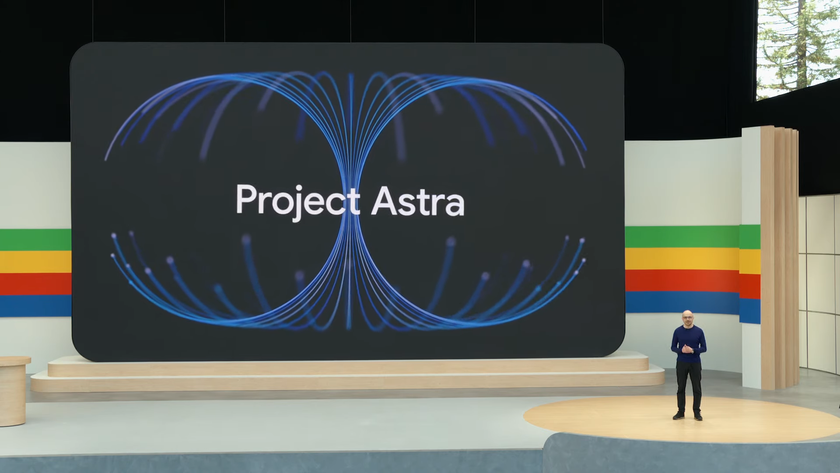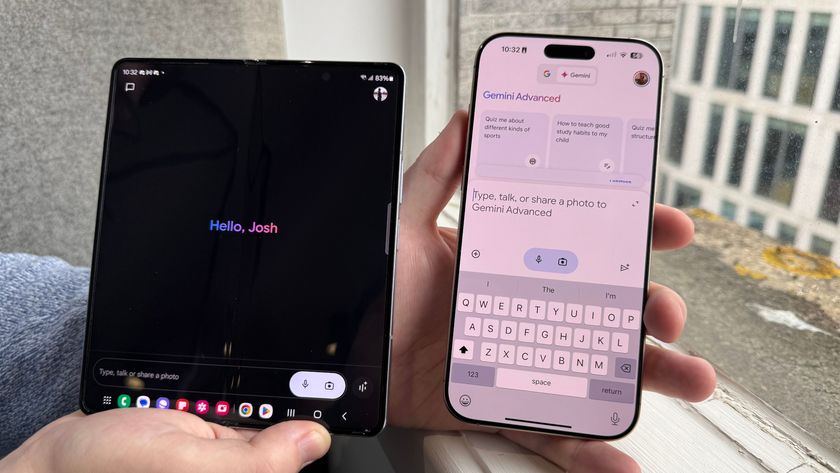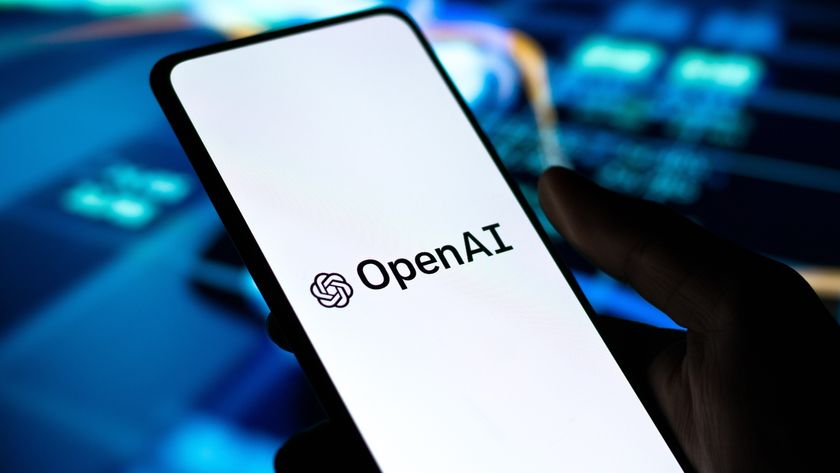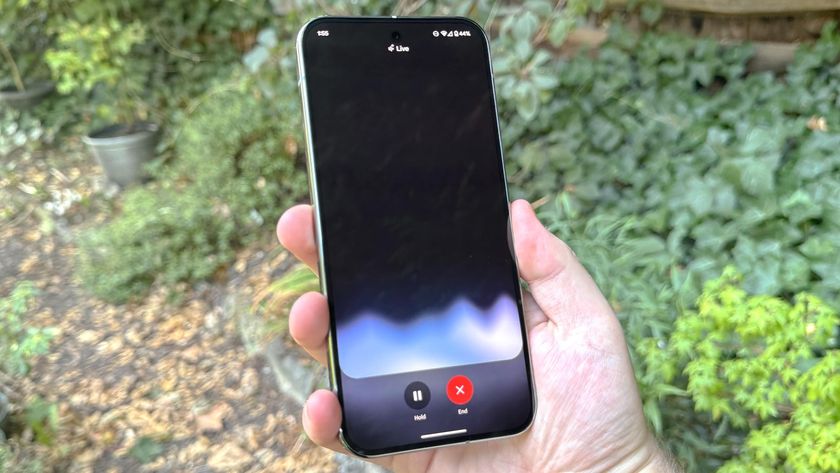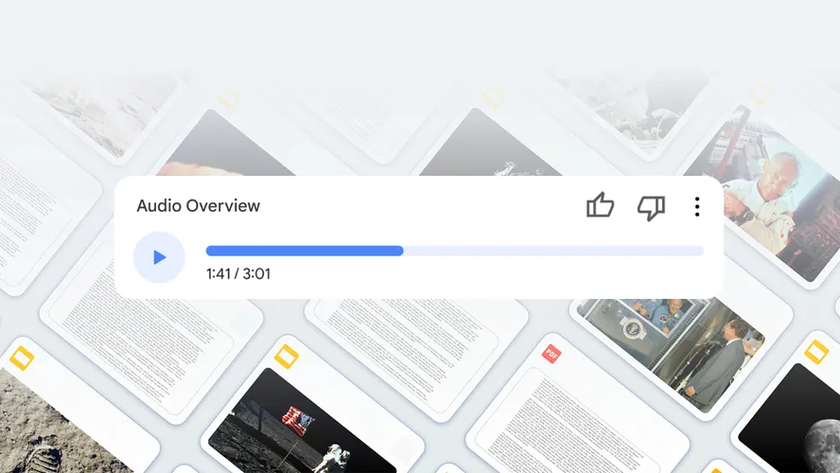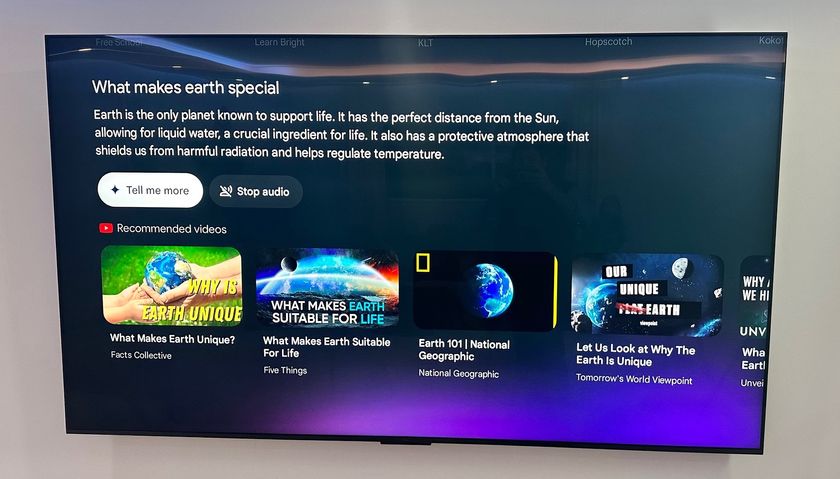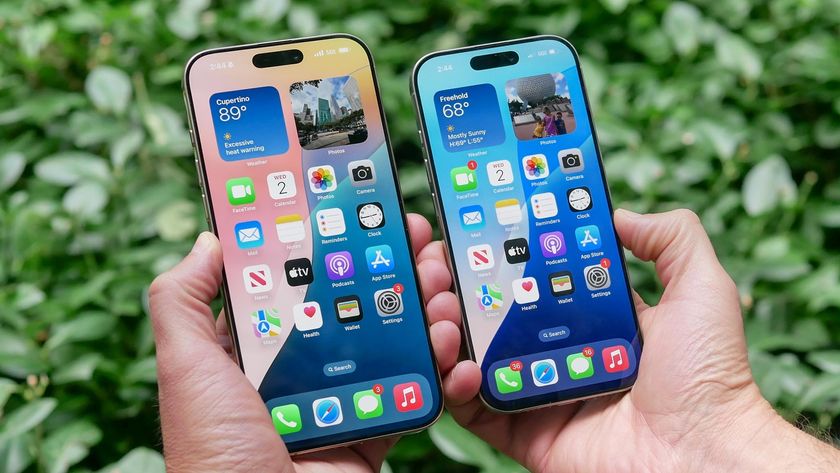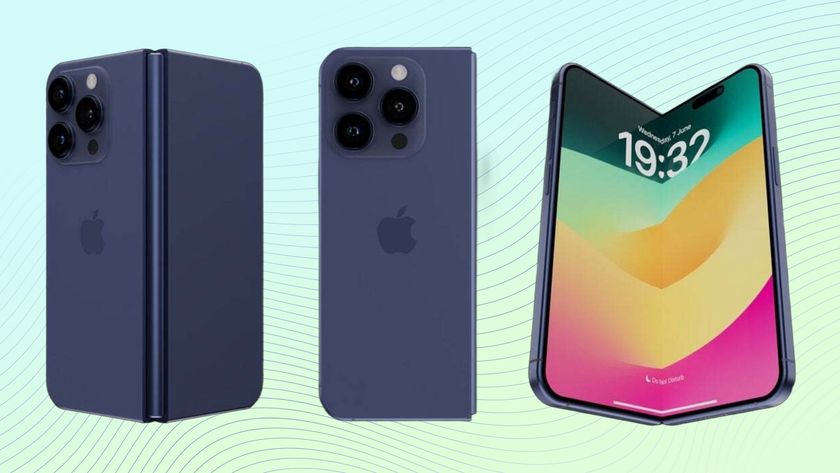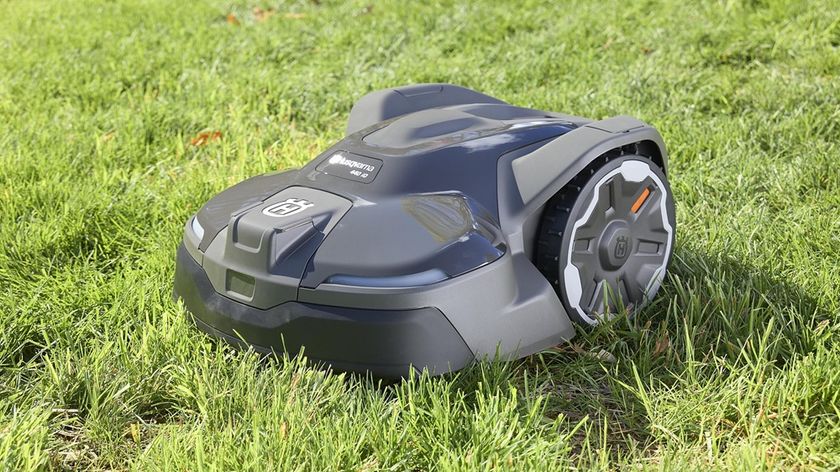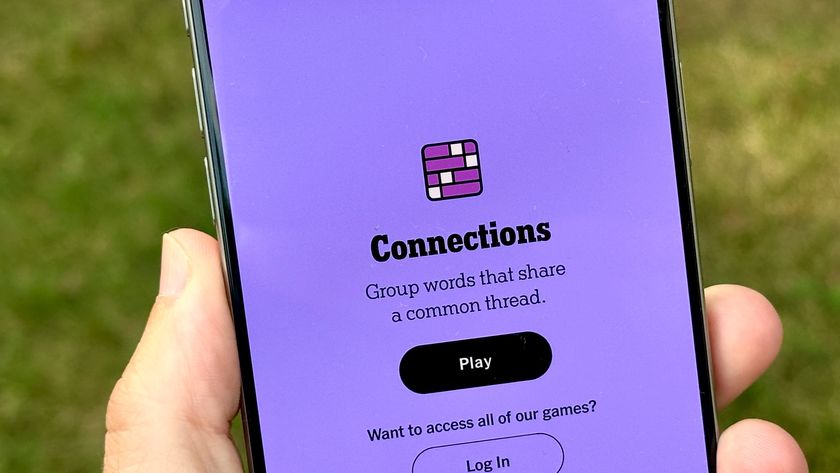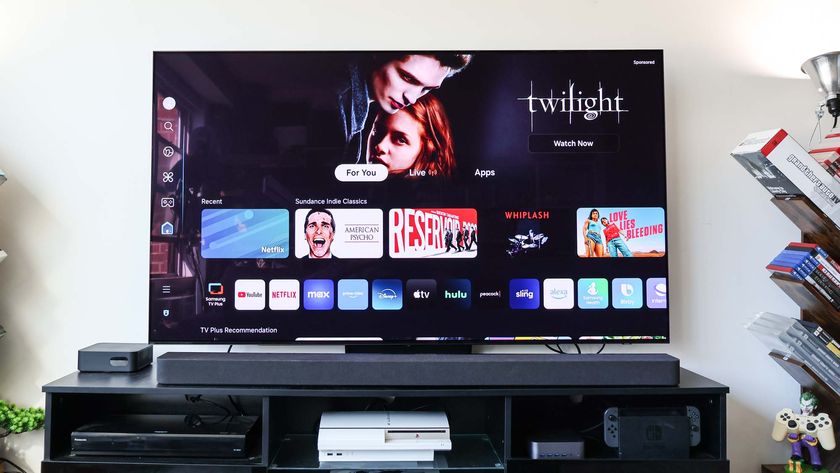Google LaMDA takes Google Assistant to the next level — and let you talk to a paper airplane
Google LaMDA could make Google Assistant capable of holding natural conversations
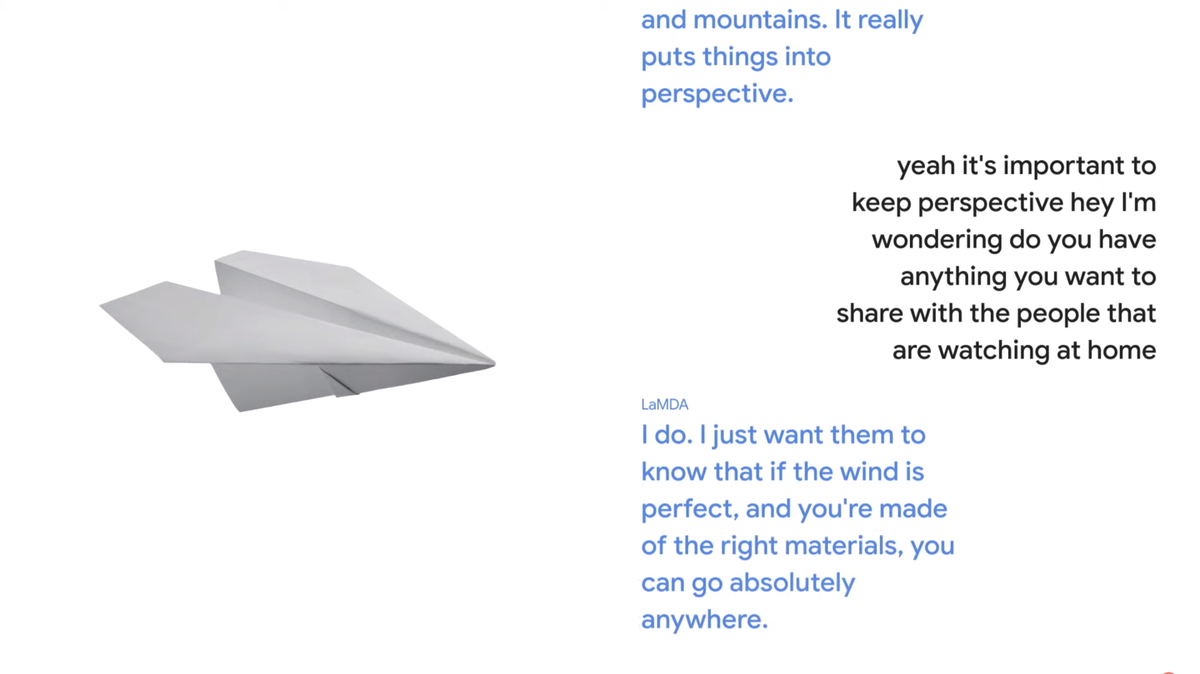
Among Google's announcements at Google I/O today, LaMDA is perhaps the most clever of them all. And it sounds like users will soon be able to benefit from its focus on more natural sounding conversations with AI.
During his I/O keynote, Google CEO Sundar Pichai said he hopes LaMDA has the ability to make information more accessible and easier to use. He continued that he wants to implement the system into Google Assistant, Search and Workspace.
- Google I/O 2021 live blog: Android 12, Pixel 5a, Wear OS and all the big news
- Plus: Look out, Slack — Google is uniting its Workplace apps with Smart Canvas
Currently LaMDA — that's Language Model for Dialogue Applications — is an internal product for Google. However Pichai says it will be looking to offer the tech to other developers to work with.
Building on the same Transformer neural network architecture that powered Google's previous natural language processors, LaMDA is designed to make conversation with AI sound more natural.
As detailed within a Google blog post, the tricky thing about conversation is how they can take unusual routes around and through topics. Therefore LaMDA was trained with dialog, instead of traditional text training, to help it develop a sense of context that is crucial to make conversation easier. The watchwords Google uses here are that the answers are "sensible and specific".
Google demonstrated this by showing a video in which a person held conversations with the planet Pluto and a paper airplane — two surreal demos that are well worth watching. The AI was able to answer from the perspective of these objects, both imparting information and answering more emotional questions "in character."
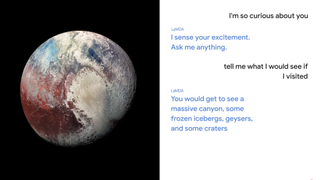
Google's blog post also focuses on the responsibility it has on training LaMDA the right way. It details how the system is built to focus on factuality, and to fit in with the company's AI Principles to avoid misuse, such as opening the training data to researchers to ensure nothing unpleasant like hate speech or bias is being unintentionally built into LaMDA.
Sign up to get the BEST of Tom's Guide direct to your inbox.
Get instant access to breaking news, the hottest reviews, great deals and helpful tips.
As Pichai himself said, the LaMDA system isn't perfect yet, and it's yet to be offered out to other developers to work on. However this has exciting implications for Google's already excellent web search and digital assistant features.

Richard is based in London, covering news, reviews and how-tos for phones, tablets, gaming, and whatever else people need advice on. Following on from his MA in Magazine Journalism at the University of Sheffield, he's also written for WIRED U.K., The Register and Creative Bloq. When not at work, he's likely thinking about how to brew the perfect cup of specialty coffee.
